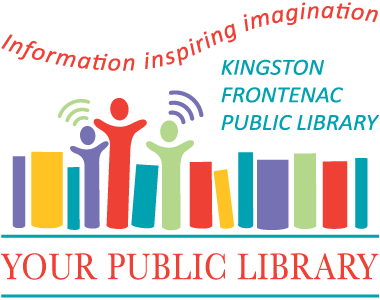
Availability
| Availability Label | Location | Shelfmark | Availability | Reservations |
|---|---|---|---|---|
 |
Sydenham Branch | Non 323.04208997071 Jon | Copies Available |
0 |
Comments and Reviews
Patron Comments and Reviews
Tell us what you thought about Let the people speak
Summary & Details
Full Record Details Table
| Title Statement | Let the people speak: oppression in a time of reconciliation / Sheilla Jones ; with a foreword by Sheila North. |
|---|---|
| Author | Jones, Sheilla |
| Publication | Winnipeg, MB, Canada: J. Gordon Shillingford Publishing,[2019] |
| Edition | 1st edition. |
| Extent of Item | 224 pages ; |
| ISBN | 1927922569 9781927922569 |
| Other Number | (OCoLC)1097306975 |
| General Notes | Edition statement from CIP data. |
| Contents | The Voices of the People -- Indigenous Affairs, Power and Secrecy -- IA+, Canada's "Super-Province" -- The Small Politics of '66 -- The "Great Thunderclap" of '69 -- The Best Voices Money Can Buy -- The Rise of the Village Tyrant -- The Buffalo Jump Policy of '85 -- If the People Had Decided -- Unleashing the Fury of Mothers -- Calm at the Edge of the Storm -- Testing a Revolutionary Idea -- Escaping the Reach of IA -- The New PM Takes Charge -- A New Picture of Annuities -- Crunching the Annuity Numbers -- Failing Upward at a Spectacular Rate -- Buffalo Jump 2.0 -- Breaking the Tyranny of Silence -- Let the People Speak. |
| Bibliography | Includes bibliographical references and index. |
| Summary | "Over the past fifty years, Canada's Indigenous Affairs department (now two departments with more than 30 federal co-delivery partners) has mushroomed into a "super-province" delivering birth-to-death programs and services to First Nations, Inuit and Mâetis people. This vast entity has jurisdictional reach over 90% of Canada's landscape, and an annual budget of some $20 billion. Yet Indigenous people have no means to hold this "super-province" accountable to them. Not a single person in this entity has been elected by Indigenous people to represent their interests. Not one. When it comes to federal Indigenous policy, ordinary Indigenous people in Canada are voiceless and powerless. In Let the People Speak, author and journalist Sheilla Jones raises an important question: are the well-documented social inequities in Indigenous communities--high levels of poverty, suicide, incarceration, children in care, family violence--the symptoms of this long-standing, institutionalized powerlessness? If so, the solution lies in empowerment. And the means of empowerment is already embedded in the historic treaties. Jones argues that there can be meaningful reconciliation only when ordinary Indigenous Canadians are finally empowered to make their voices heard, and ordinary non-Indigenous Canadians can join with them to advance a shared future. Topics: Canada reconciliation, Indigenous politics, Canadian Indigenous politics, First Nations, Mâetis, Inuit"-- |
| Subjects & Genres | |
| By Topic | Indigenous peoples--Politics and government--Canada |
| Indigenous peoples--Government relations--Canada | |
| Native peoples--Politics and government--Canada | |
| Native peoples--Government relations--Canada | |


